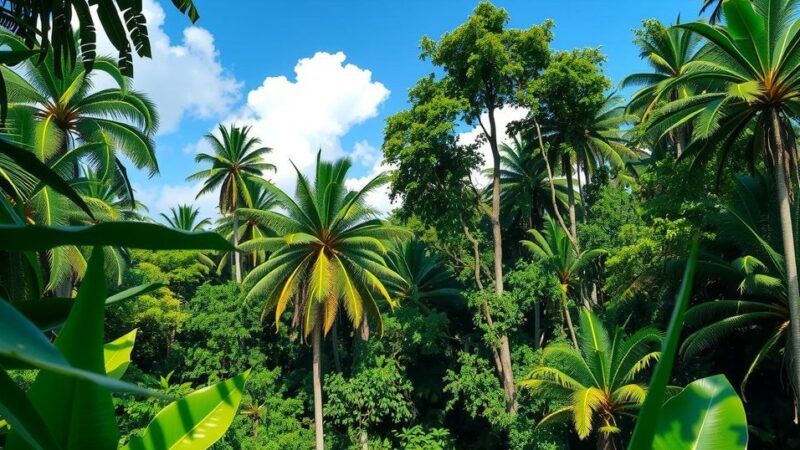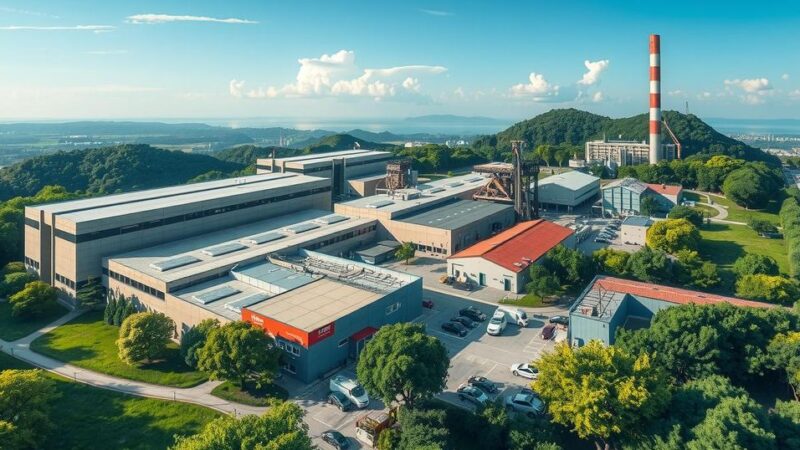A mining project by Brazil Potash Corp. in the Amazon rainforest threatens to divide the Mura Indigenous tribe over environmental concerns and economic potential. The project, with an estimated cost of $2.5 billion, aims to exploit significant potassium reserves amidst ongoing legal challenges regarding Indigenous rights and environmental protections. Internal community divisions have emerged as differing opinions on the project influence tribal cohesion.
The proposed potassium mining project in Brazil’s Amazon rainforest has sparked significant tensions among the Mura Indigenous tribe. This project, undertaken by Brazil Potash Corp., aims to exploit one of the world’s largest potassium reserves, which poses risks to both the environment and the tribe’s cultural heritage. Indigenous leader Filipe Gabriel Mura expressed concerns about potential pollution and the impact on their lifestyle.
With an estimated budget of $2.5 billion, the mining operations will involve complex infrastructure, including two deep shafts and a processing plant. Brazil Potash Corporation claims to have received the necessary environmental licenses; however, it faces legal challenges from the Attorney General’s Office, which cites inadequate consultation with the Mura tribe and environmental risks as grounds for the lawsuits.
The Mura population has faced significant historical challenges and currently lacks government recognition of their villages as Indigenous territory. Despite this, a faction within the tribe supports the project, believing it could improve living standards and provide access to education and healthcare. However, opponents warn that this support could further divide the community and harm their environment.
Concerns regarding environmental impacts persist, particularly relating to the management of byproducts such as brine. Experts caution about the risks associated with underground mining, which could result in land instability. The attention from the government underscores the importance of this project amid global reliance on imported potash.
Deep divisions within the tribe have resulted in intra-community conflict, with some members forming a new organization in opposition to the council that has traditionally represented their interests. Observers noted the significance of these fissures and the emotional toll they are taking on tribal members, who lament the loss of unity while grappling with a potential shift in their way of life.
The potassium mining project in Brazil’s Amazon rainforest presents a complex challenge that pits industrial development against Indigenous rights and environmental concerns. The Mura tribe is at a crossroads, faced with opportunities for enhanced living standards juxtaposed with significant risks to their culture and environment. Divisions within the tribe reflect the broader implications of such projects on Indigenous unity and well-being, making it essential to navigate these issues with sensitivity and caution.
Original Source: apnews.com






